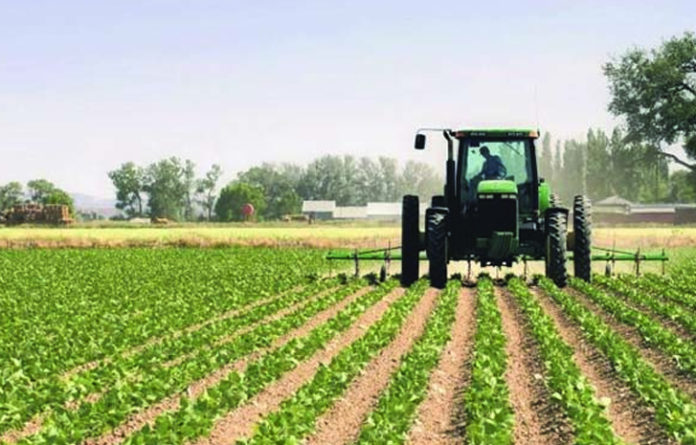In a world grappling with the challenges of climate change, resource depletion, and a burgeoning population, the clarion call for sustainable agriculture has never rung louder. The impact of sustainable agriculture practices on global food security is not just a debate; it is an urgent mandate for our survival. As we stand at the precipice of an impending food crisis, the need for a paradigm shift in farming methods has become glaringly evident.
Sustainable agriculture is not merely an eco-friendly catchphrase but a powerful solution to the multifaceted problems threatening our food supply. It goes beyond traditional farming, embracing innovative technologies and ecologically conscious practices that not only ensure robust crop yields but also safeguard the delicate balance of our planet.
The conventional agricultural model, characterized by heavy reliance on chemical fertilizers and pesticides, massive water consumption, and monoculture, is a recipe for disaster. It not only depletes the soil of its nutrients but also contributes significantly to environmental degradation and climate change. Sustainable agriculture, on the other hand, champions regenerative practices, such as organic farming, agroforestry, and precision agriculture, which foster biodiversity, enhance soil health, and mitigate climate impact.
The impact of sustainable agriculture on global food security is multi-faceted. By prioritizing soil health and fertility, sustainable practices ensure the longevity of arable land, preventing degradation and desertification. This, in turn, guarantees that future generations will have fertile grounds to cultivate, securing a perpetual source of sustenance.
Water scarcity, a looming crisis exacerbated by climate change, is also addressed by sustainable agriculture. Practices like drip irrigation and rainwater harvesting minimize water wastage, ensuring efficient water use in farming. This not only safeguards water resources but also enables farmers to adapt to changing climate patterns and unpredictable rainfall.
Furthermore, sustainable agriculture promotes crop diversity, moving away from the risky dependence on a limited number of staple crops. By embracing a variety of crops that are resilient to different environmental conditions, farmers create a more robust and adaptive food system. This diversity acts as a natural buffer against pests, diseases, and climate-related shocks, reducing the vulnerability of global food production to unforeseen challenges.
The impact of sustainable agriculture reaches far beyond the fields. It has profound implications for global poverty alleviation and social justice. Sustainable practices empower local communities, promoting small-scale farming and fair trade. They foster self-sufficiency, breaking the shackles of dependency on multinational agribusinesses and ensuring that the benefits of agriculture are distributed equitably.
The urgency of adopting sustainable agriculture practices cannot be overstated. It is not a choice but a necessity dictated by the precarious state of our planet and the impending challenges to our food security. Governments, businesses, and individuals must collectively champion this cause, investing in research, technology, and policy frameworks that support sustainable farming practices.
In conclusion, the impact of sustainable agriculture on global food security is transformative. It is a beacon of hope in a world threatened by climate crises and resource depletion. Embracing sustainable agriculture is not just a responsibility; it is an imperative for securing a future where no one goes to bed hungry, and the bounty of our planet is preserved for generations to come. The time to act is now, for the sake of our sustenance and the survival of our planet.



